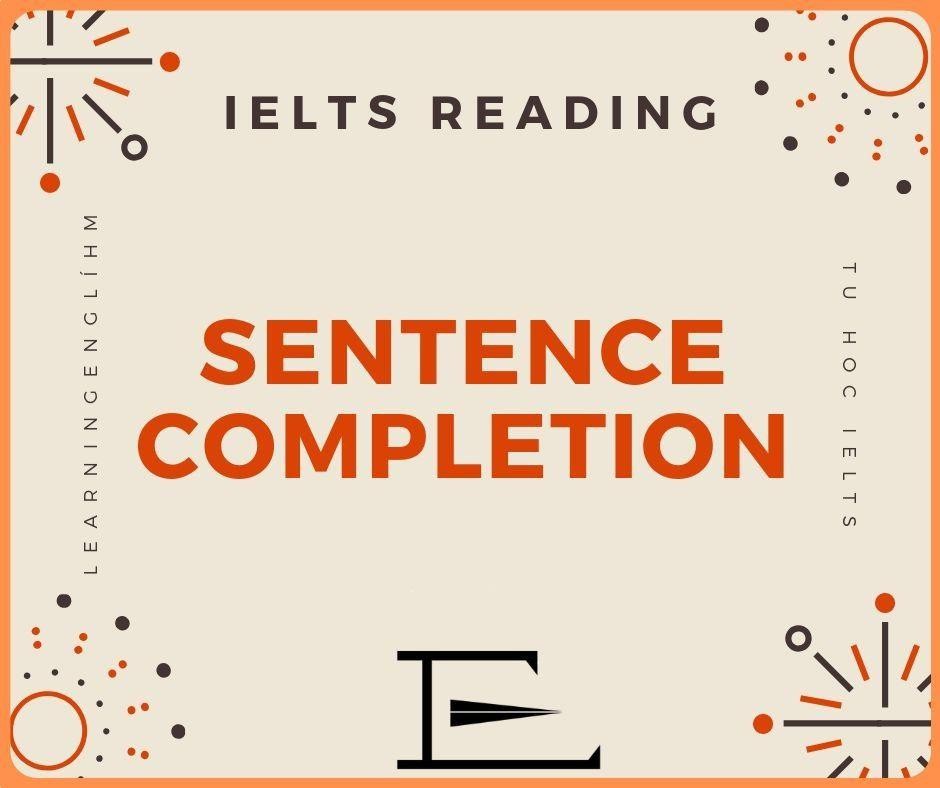Free Course (Reading) Module
Lesson 3: Yes No Not Given Questions

Yes/No/Not Given (Y/N/NG) questions are a type of question in the IELTS reading section that assess a test taker's ability to comprehend factual information and opinions presented in a text. In Y/N/NG questions, the test taker must determine whether a statement provided in the question is either true, false, or if there is no information given in the text to support or contradict the statement.
The main difference between Y/N/NG and True/False/Not Given (T/F/NG) questions is that Y/N/NG questions typically deal with opinions, while T/F/NG questions deal with factual information. Additionally, Y/N/NG questions tend to be more straightforward than T/F/NG questions, as the answers are generally more clearly presented in the text.
To answer Y/N/NG questions, it is important to carefully read the statement presented in the question and identify any qualifiers or specific language that may be included. The test taker should then carefully read the text and analyze the statement in detail, comparing it to the information presented in the text. If the statement is completely true based on the information presented in the text, then the answer is "yes." If the statement is completely false based on the information presented in the text, then the answer is "no." If the statement is not addressed in the text or if there is not enough information to determine its truth or falsity, then the answer is "not given."
It is important to note that test takers should not rely on their own knowledge or assumptions about the topic and should base their answers solely on the information presented in the text. Additionally, test takers should not waste time looking for information that is not there and should move on to the next question if they are unsure of the answer.
How to solve the module (Bring from Video)
- Read the question carefully: Begin by reading the question presented in the instructions. Pay attention to the type of information you are looking for, whether it is a fact or an opinion.
- Skim the passage: Skim the passage quickly to get a general idea of the topic and structure. This will help you understand the context of the question and identify where the relevant information may be located.
- Read the passage carefully: Read the passage carefully, paying close attention to details and language used. Look for information that either supports or contradicts the statement presented in the question.
- Analyze the question: Analyze the question in detail, comparing it to the information in the passage. Look for words or phrases that may be similar or related to the question, as well as any differences or contradictions.
- Determine the answer: Based on the information in the passage, determine whether the answer is yes, no, or not given. If the information in the passage directly supports the statement in the question, the answer is yes. If the information in the passage directly contradicts the statement in the question, the answer is no. If the statement in the question is not addressed in the passage, or if there is not enough information to determine its truth or falsity, then the answer is not given.
- Verify your answer: Verify your answer by checking that it is fully supported by the information in the passage. Be careful not to make assumptions or rely on outside knowledge.
Move on: If you cannot determine the answer based on the information presented in the passage, then choose "not given" as the answer. Move on to the next question and repeat the process.
Example of the module
Passage: 1
Mars has long been a subject of fascination for scientists, and one of the key questions they are trying to answer is whether life exists or has ever existed on the Red Planet. Recent discoveries have provided tantalizing clues that Mars may have the potential to support life. For example, in 2015, NASA announced that its Mars rover, Curiosity, had found evidence of liquid water on the planet. In addition, organic molecules, which are the building blocks of life, have been detected in Martian rocks and soil. However, no conclusive evidence of past or present life on Mars has been found yet.
Are the following statements Yes, No or Not given according to the information in the passage?
- Scientists have recently found conclusive evidence of life on Mars. Yes/No/Not Given?
- The presence of liquid water on Mars was discovered by NASA's Mars rover, Curiosity. Yes/No/Not Given?
- Organic molecules have been detected on Mars, which are the building blocks of life. Yes/No/Not Given?
- Mars has never been a subject of fascination for scientists. Yes/No/Not Given?
- If life exists on Mars, it would be a major breakthrough in our understanding of the universe. Yes/No/Not Given?
Expert tips for the module (Bring from Video)
Next Lessons
Previous Lessons
Speaking Services
starts from $1
culpa id cupidatat et dolore est sint voluptate irure incididunt tempor ex est labore dolor commodo amet voluptate qui incididunt cillum occaecat cupidatat
Assess NowWriting Services
starts from $1
culpa id cupidatat et dolore est sint voluptate irure incididunt tempor ex est labore dolor commodo amet voluptate qui incididunt cillum occaecat cupidatat
Assess Now
